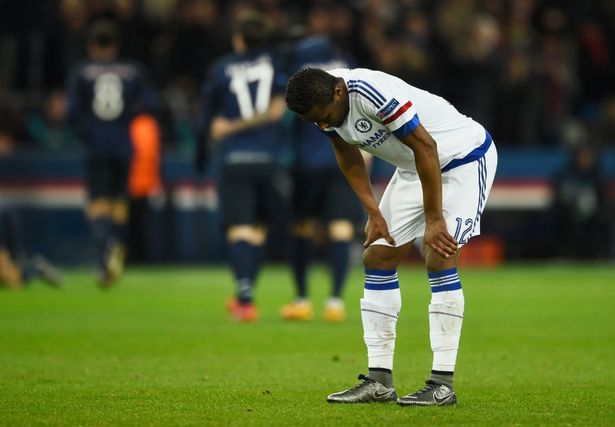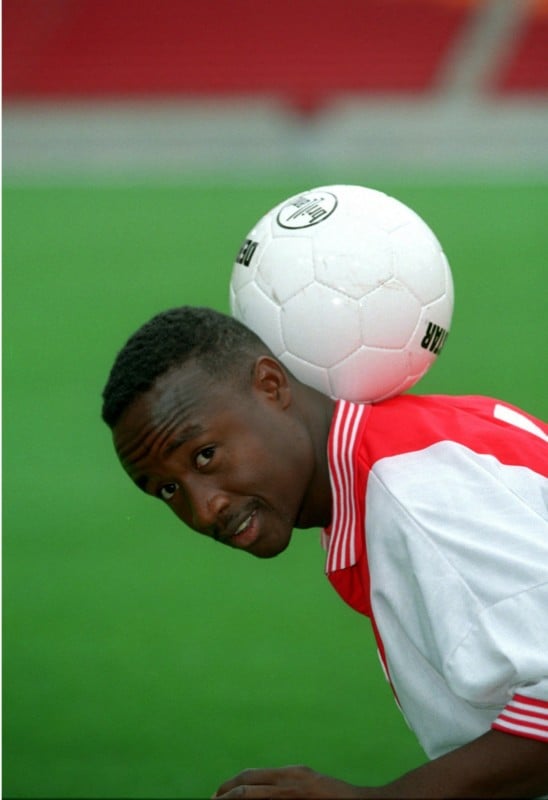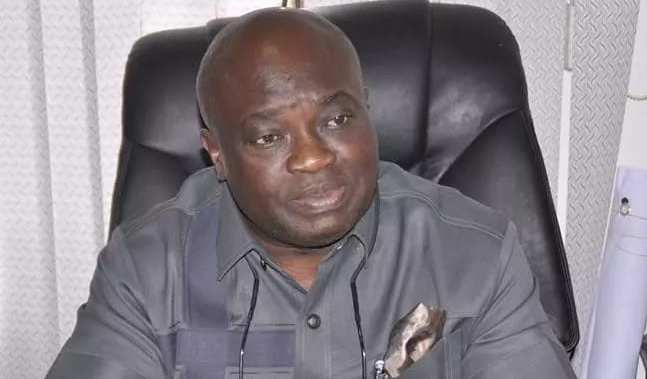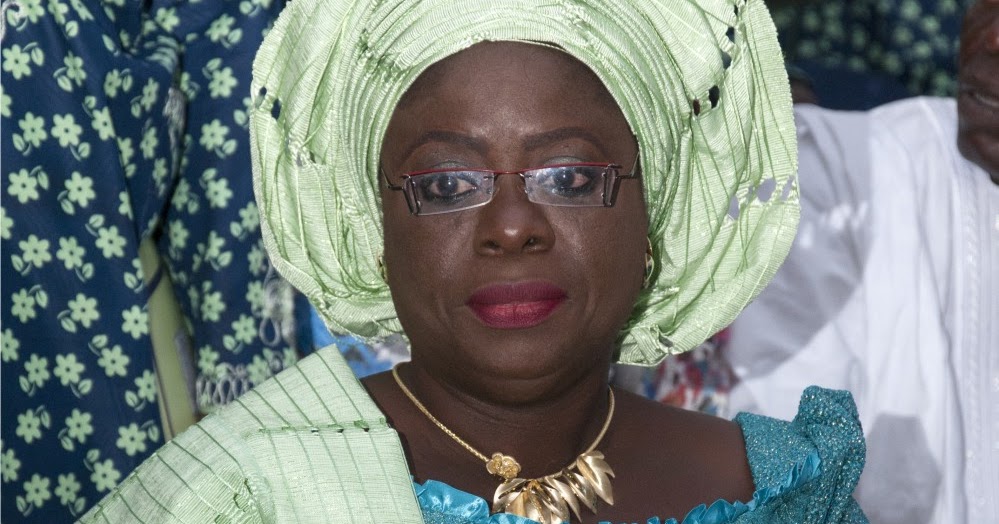The decision of the UK to leave the European Union has far reaching effects on the global economy, but who would believe that it also has its effects on the conduct of the round leather game in Africa’s most populous nation — Nigeria?
Perhaps we never saw this coming, but the realities of Brexit will definitely change the face of football in Nigeria and the rest of the world — forever.
PRE-BREXIT ERA
From George Ndah, who played for Crystal Palace from 1992 to 1995, to Daniel Amokachi (Everton), Celestine Babayaro (Chelsea and Newcastle United), and down to Watford star, Odion Ighalo, Nigeria has always had an heavy presence in English football.
Players from all over the world flooded the English and soon began ousting the home boys out of their own league. English Premier League (EPL) began seeing teams with one or two English players and a host of foreigners.
Advertisement
The Football Association (FA) then made a rules and regulation to groom national talents on the league from. By 2015, every team in England was obliged to have eight of its 25 first team players as home-grown talents.
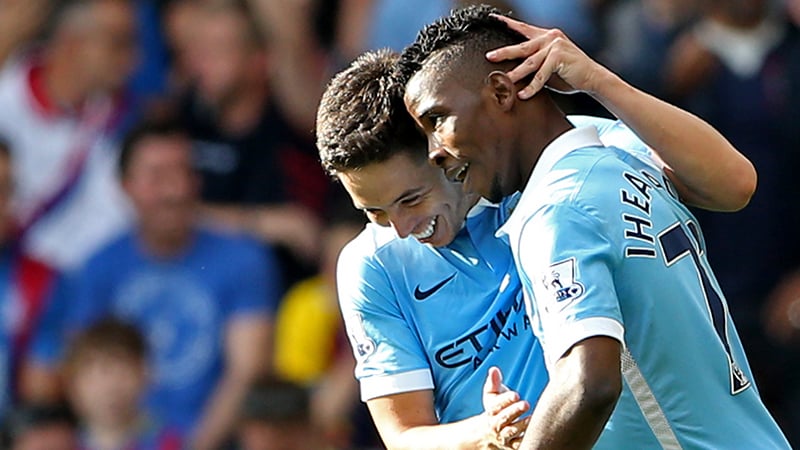
These reduced the number of foreigners allowed in the UK to a maximum of 17 per team.
Due to the presence of the UK in the EU, these 17 players did not include European players from Austria, Belgium, Bulgaria, Croatia, Republic of Cyprus, Czech Republic, Denmark, Estonia, Finland, France, Germany, Greece, Hungary, Ireland, Italy, Latvia, Lithuania, Luxembourg, Malta, Netherlands, Poland, Portugal, Romania, Slovakia, Slovenia, Spain and Sweden.
Advertisement
Players from Africa, Australia, Asia, North and South America had to struggle to make that list of 17.
COMPOUNDING WORK PERMITS
With thousands of players from over 100 countries and five continents struggling to 17 spots on a team, work permits serve as another barrier.
To get a work permit to play in the UK, “a non-EU player applying for the permit must have played for his country in at least 75 percent of its competitive ‘A’ team matches for which he was available for selection during the previous two years, and his country must have averaged at least 70th place in the official FIFA world rankings over the previous two years”.
This makes it increasingly difficult for non-EU players to play in the EPL.
Advertisement
POST-BREXIT DAYS AND NIGERIAN FOOTBALL
With the UK’s decision to leave the EU, European players who previously did not need work permit to play in the UK would henceforth need it.
According to UK Guardian, over 50 of 161 EU players do not meet the work permit criteria, but are covered by the EU blanket. Now that the EU blankets are gone with Brexit, clubs would have to choose between a European player and an African player for very limited slots.
A club like Manchester City can now be faced with choosing between a Samir Nasri (French) or Kelechi Iheanacho, as the former is not eligible to a work permit.
Chelsea could be faced with choosing either Mikel Obi (pictured) or Cesar Azpilicueta (Spanish), as the latter is also not eligible.
Advertisement
With Brexit taking its full course, for a Nigerian player to play for any EPL team, he must have played for Nigeria in 70 percent of top-rated games for two years before signing for the EPL team (for players older than 21).
Such a player competes for space on the 25-man list with players from every other continent of the world (including Europe).
Advertisement
Brexit has made playing football in UK increasingly difficult for Nigerians, and the rest of Africa.
The world is changing.
Advertisement

